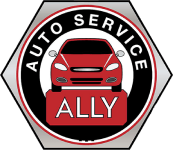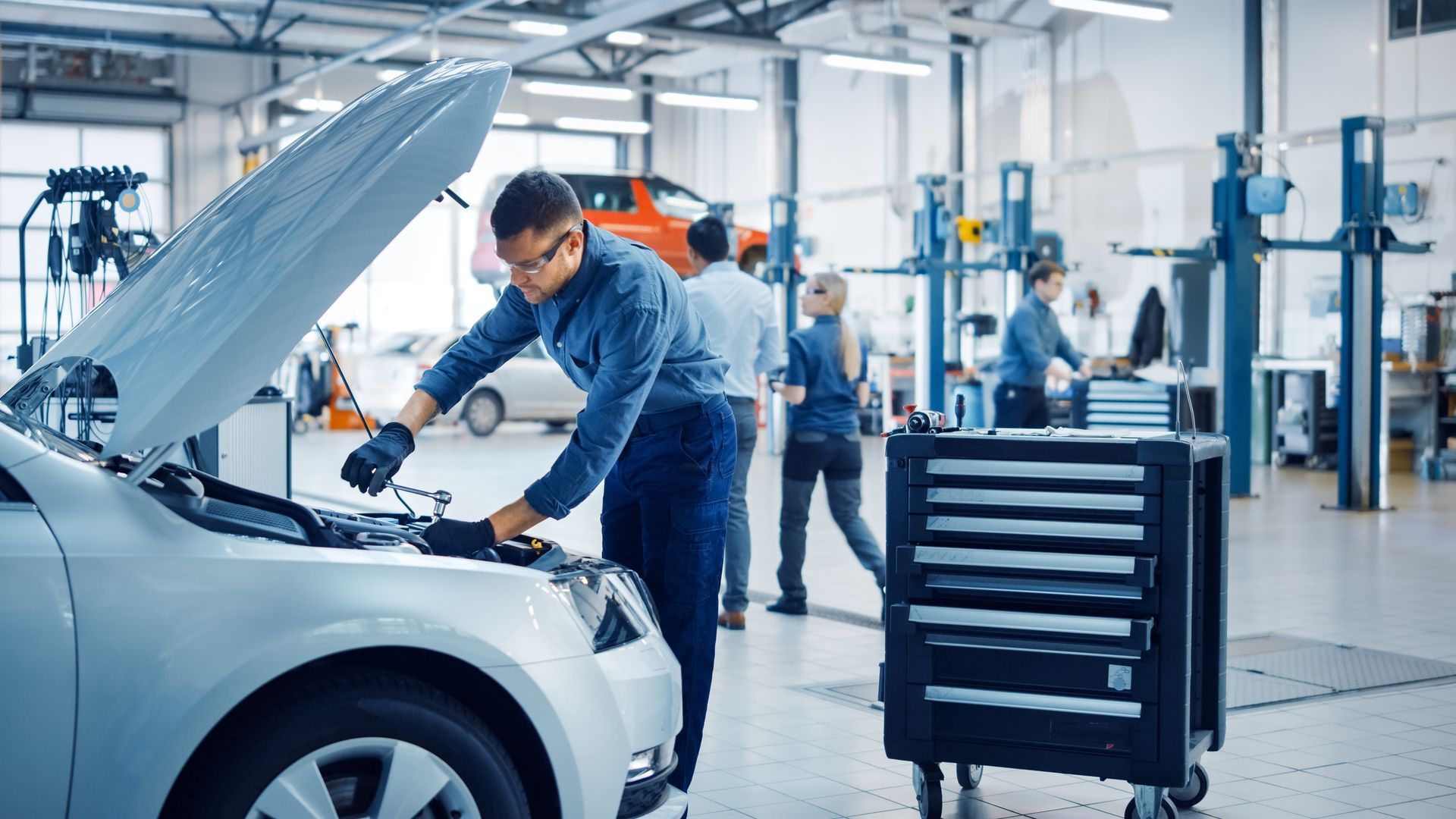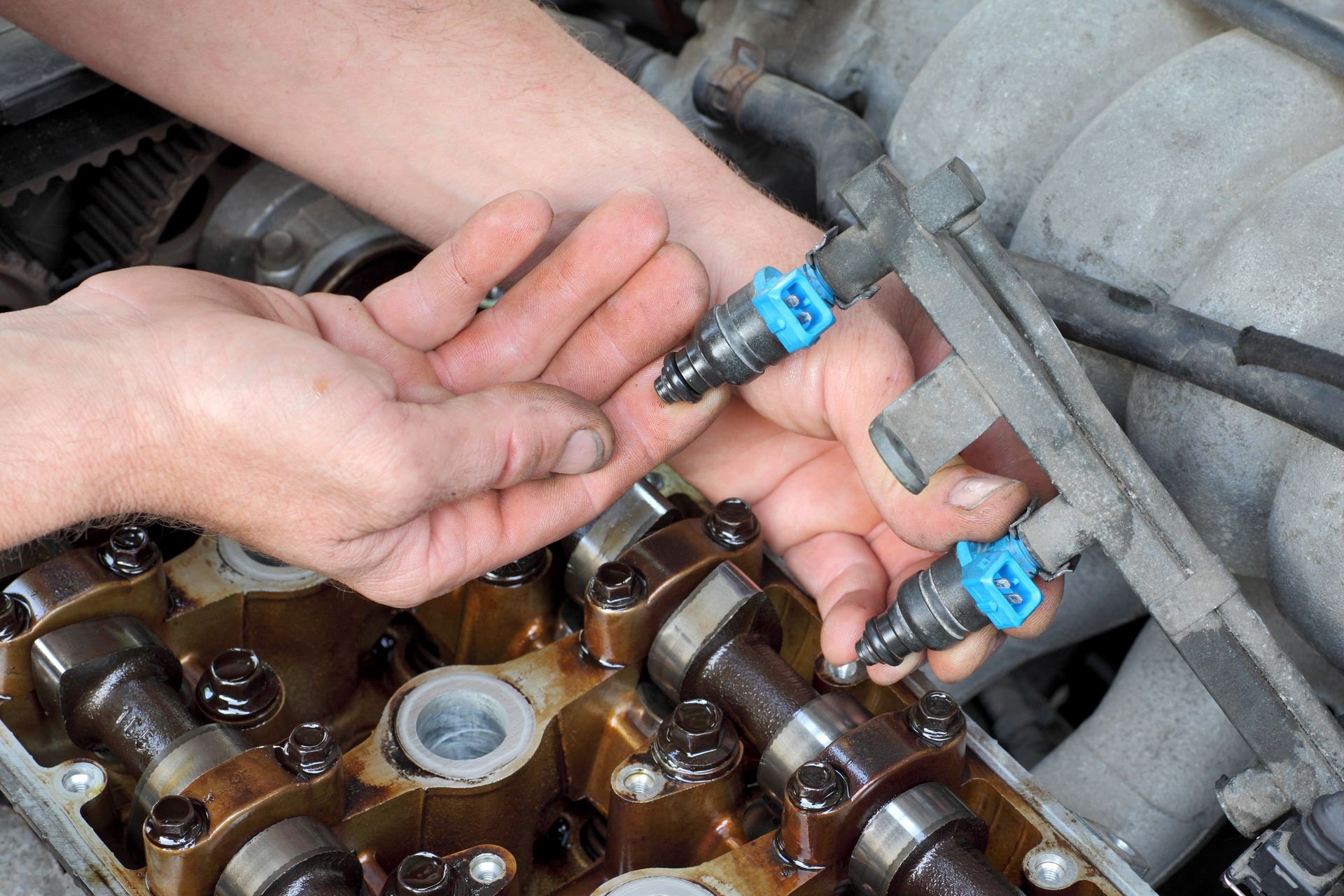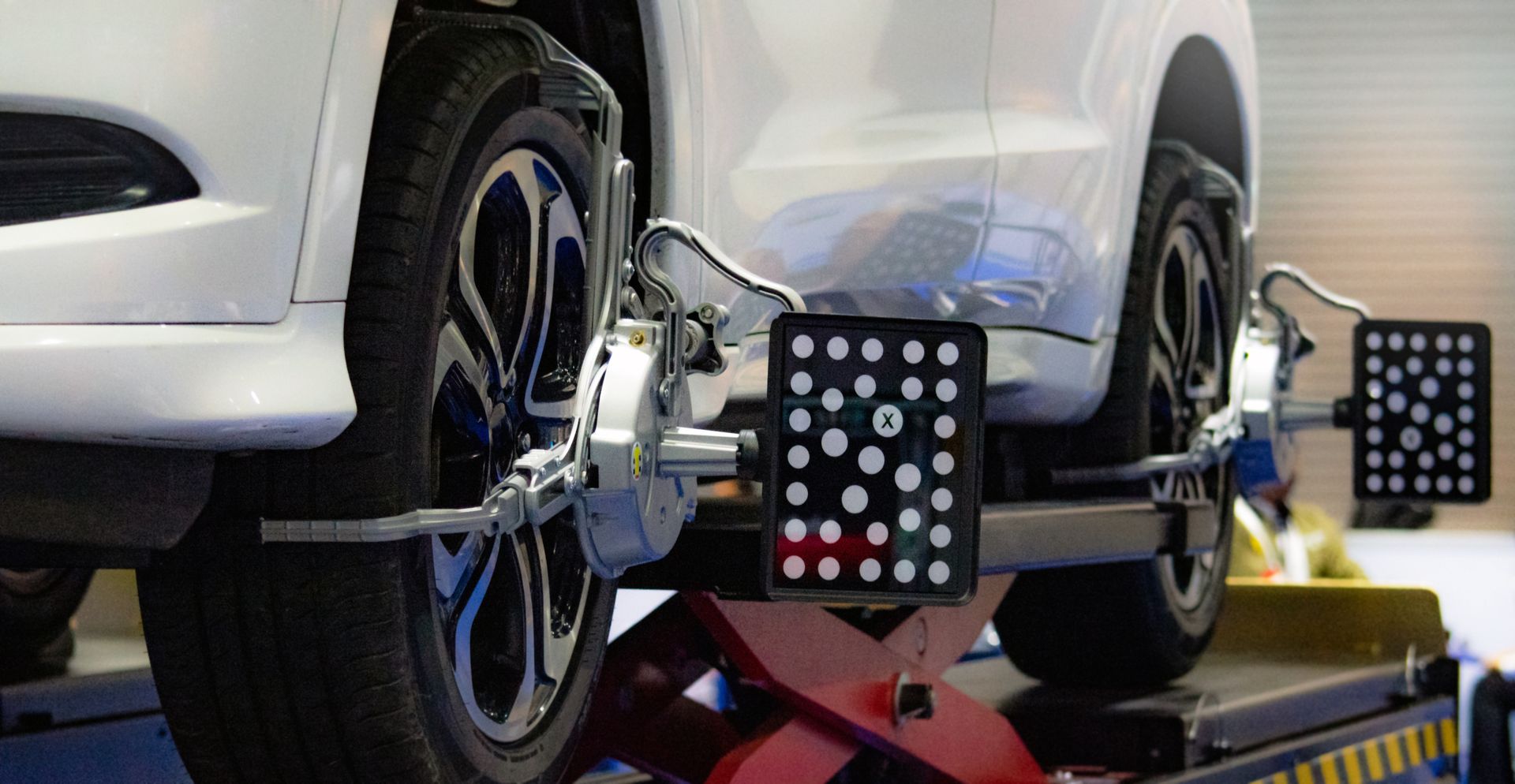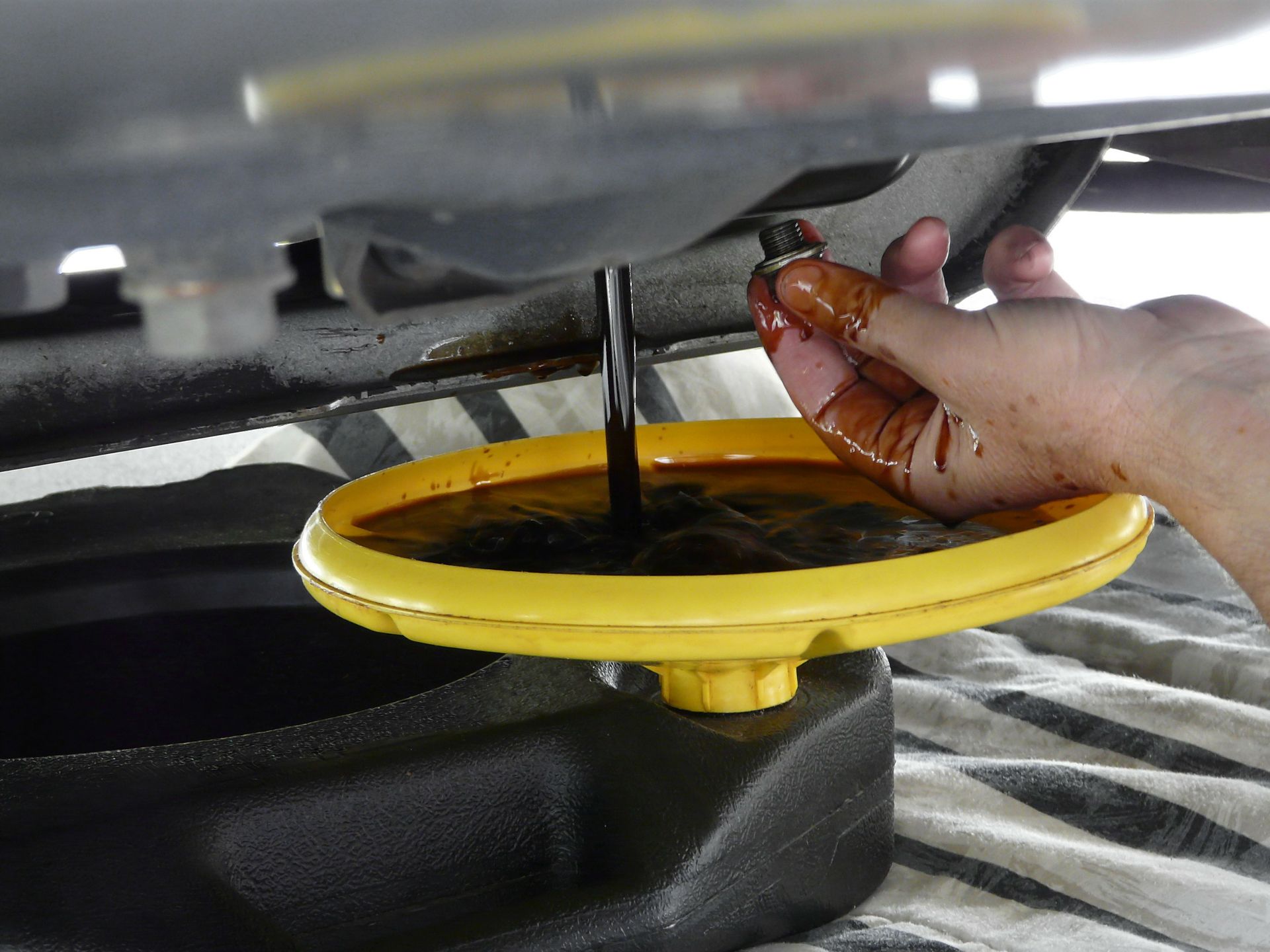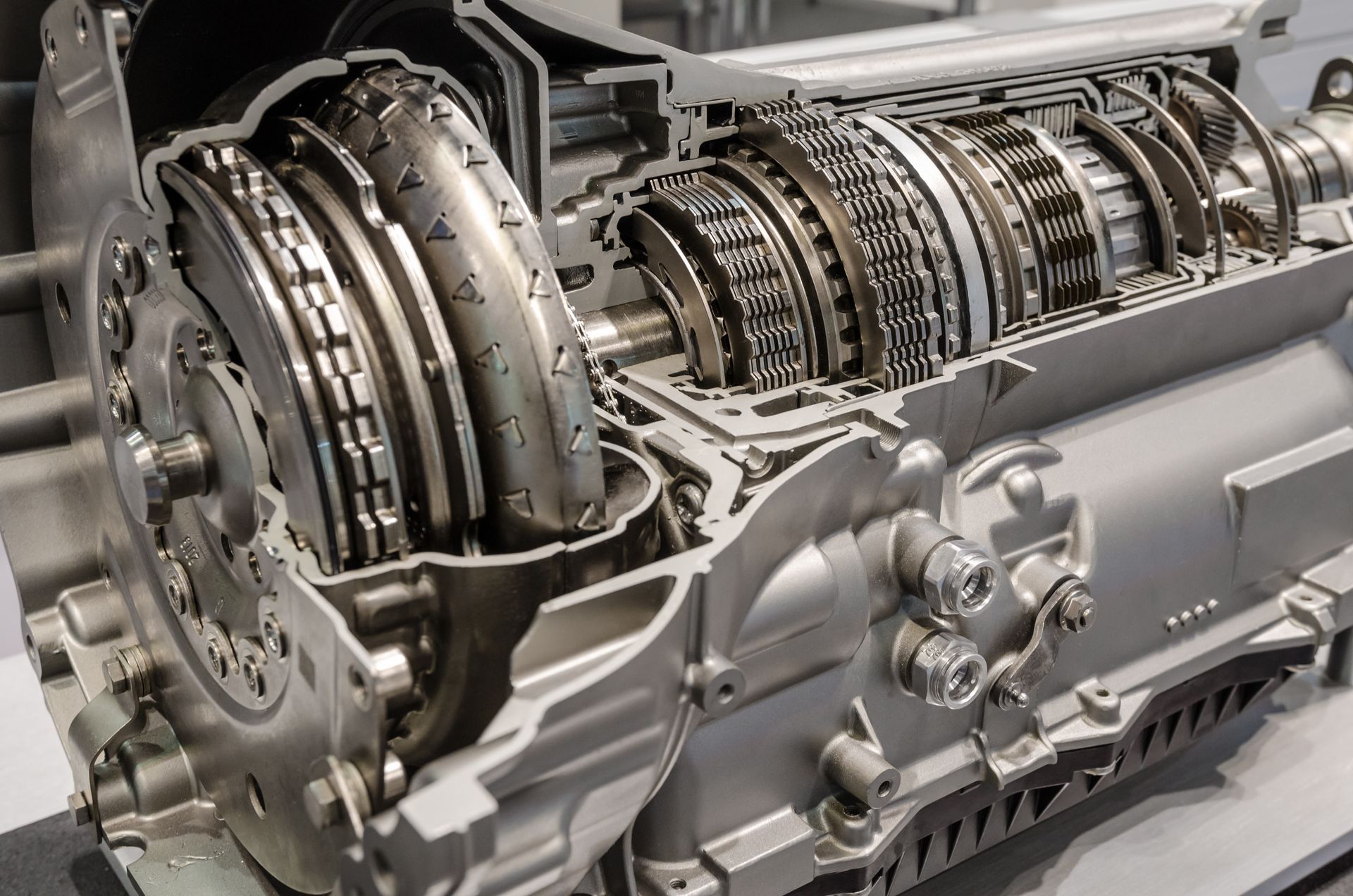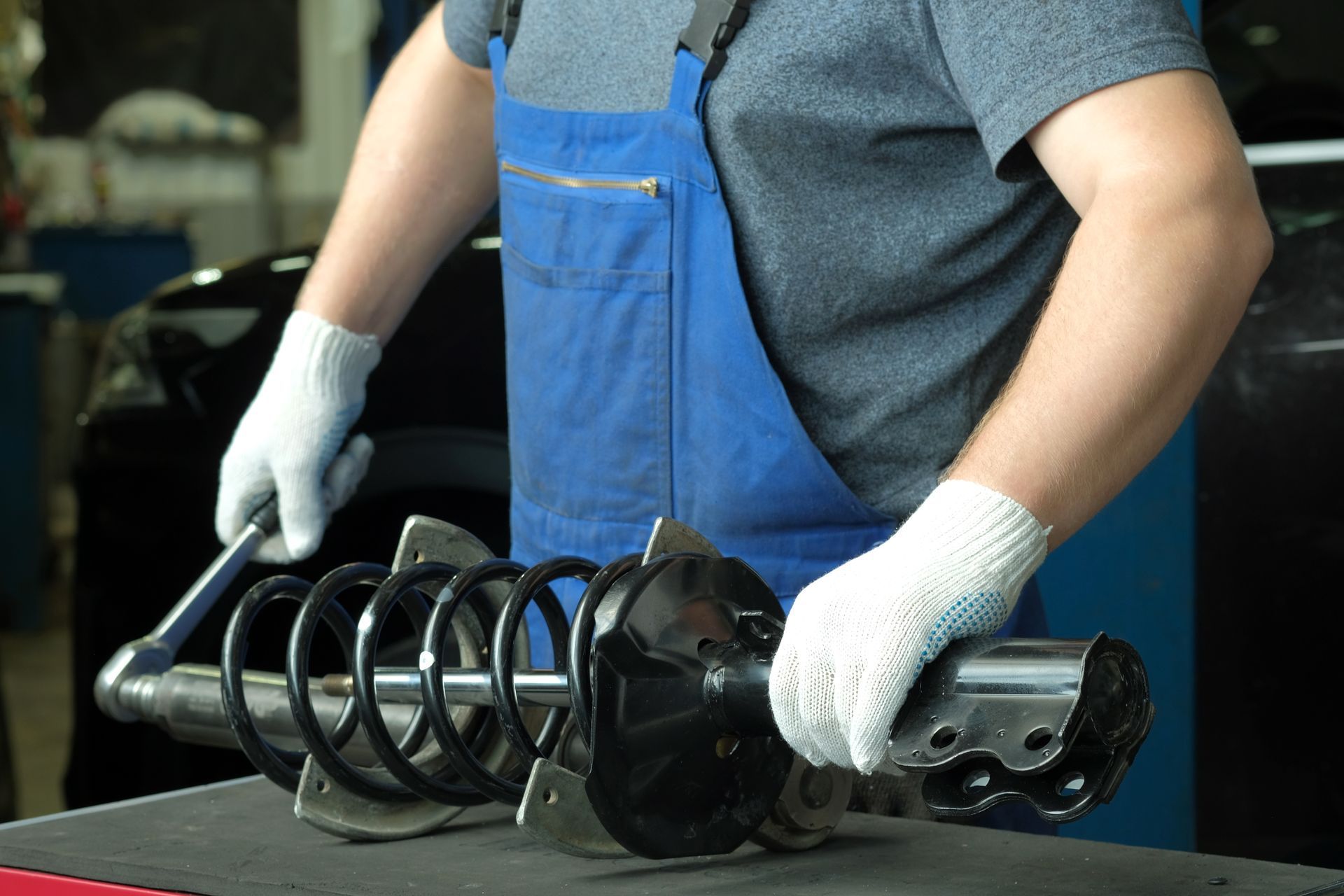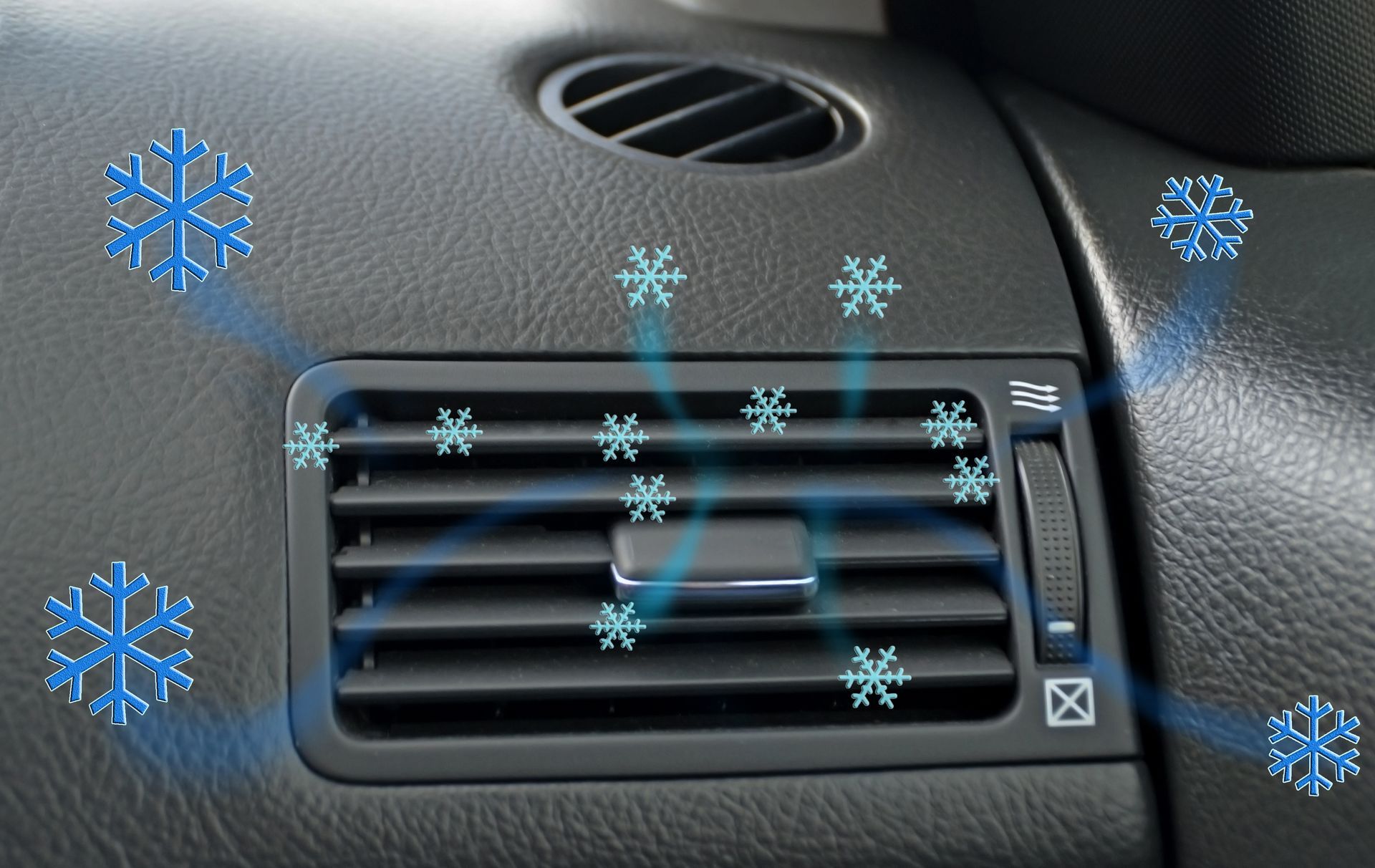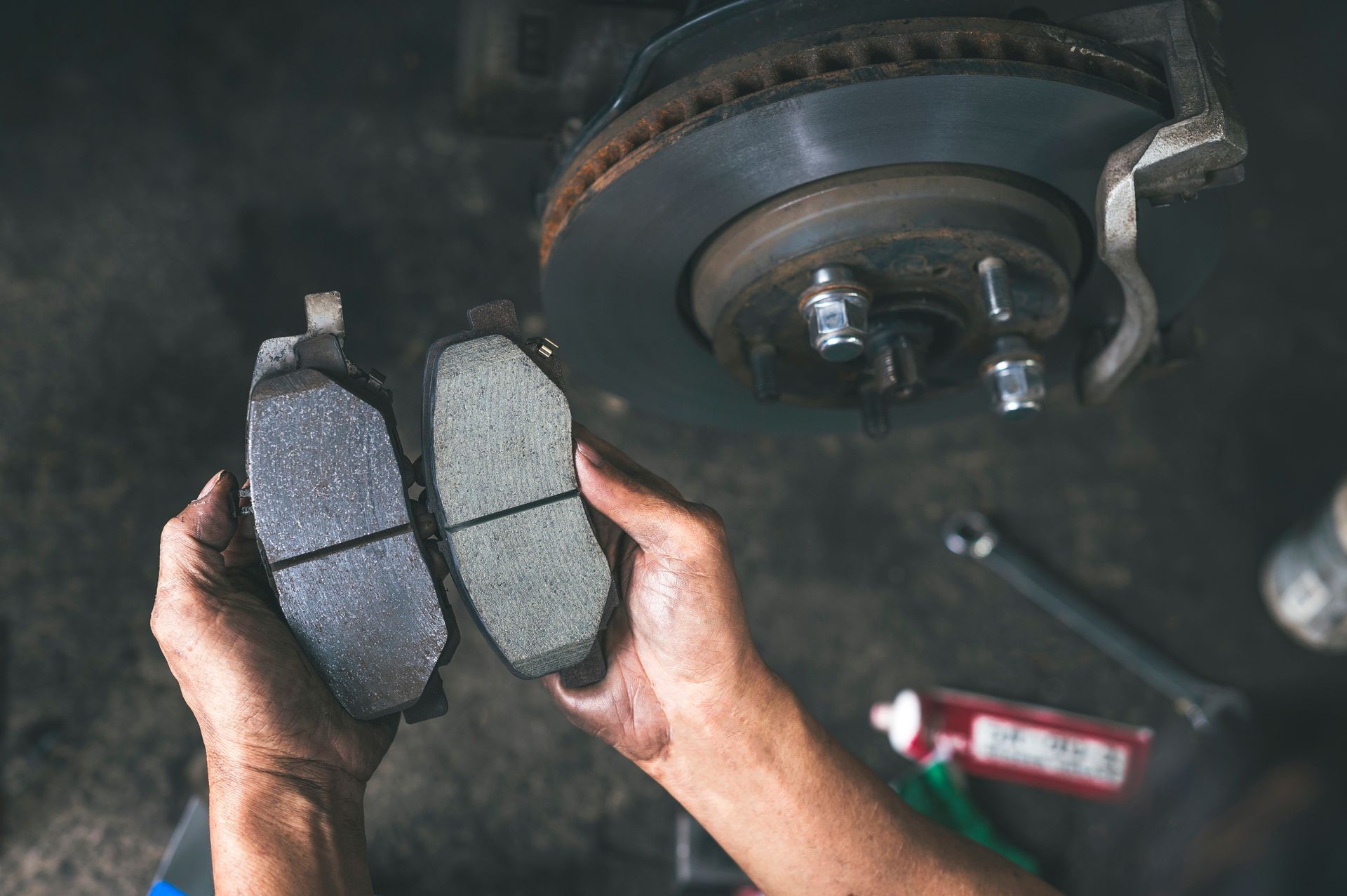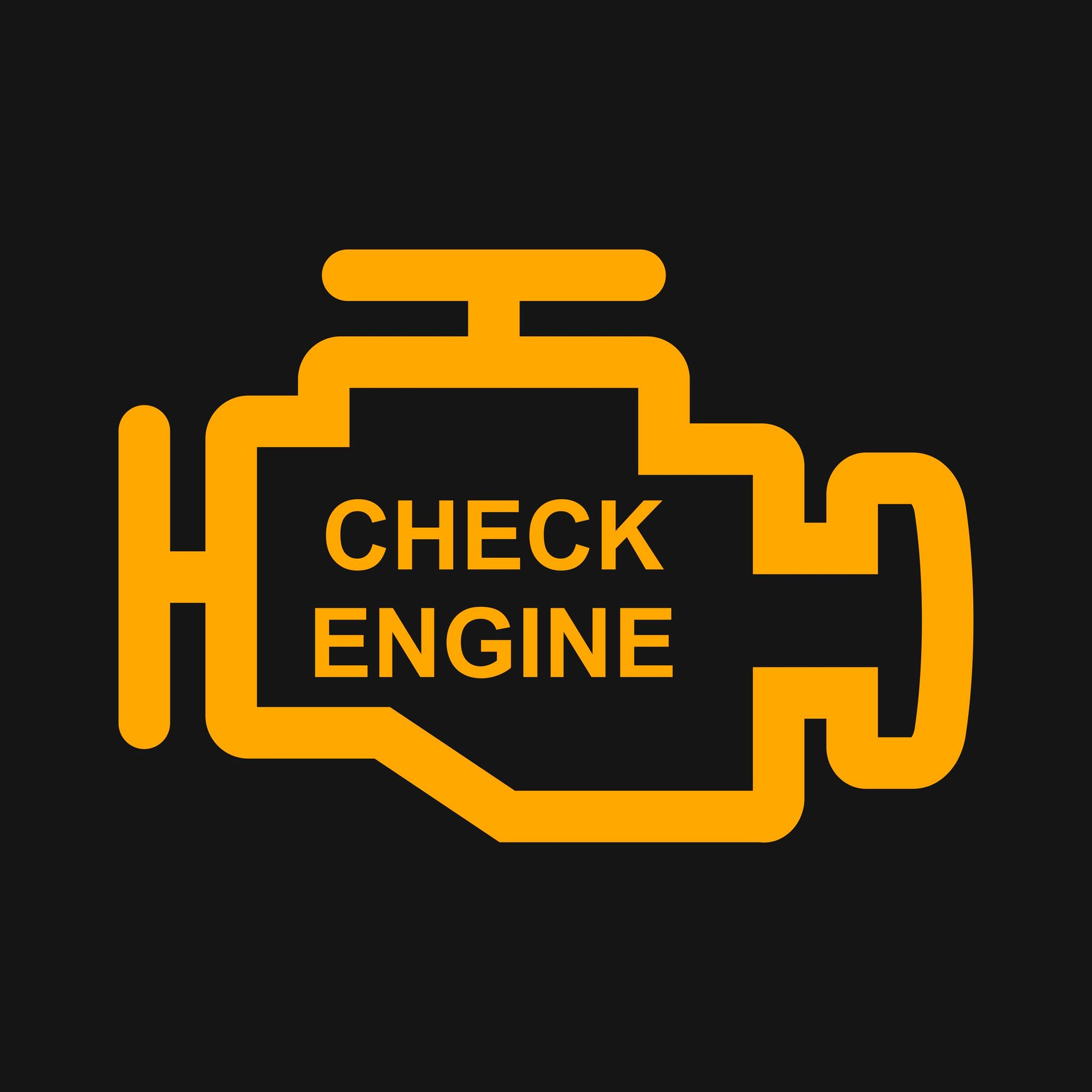Ally Auto Service
Loading ...
Missing business hours data / Error occurred while getting the data.
SAT-SUN CLOSE
Ally Auto Service - 165th
Loading ...
Missing business hours data / Error occurred while getting the data.
SAT-SUN CLOSE
Loading ...
Missing business hours data / Error occurred while getting the data.
SAT-SUN CLOSE
Loading ...
Missing business hours data / Error occurred while getting the data.
SAT-SUN CLOSE
Tire Maintenance 101 and How to Keep Your Tires in Top Shape
November 29, 2024
When it comes to car maintenance, it’s easy to focus on the big-ticket items like engine health and brake performance. But let’s not forget your car’s tires. They’re the only part of your vehicle that actually makes contact with the road, which means they take a lot of wear and tear. Proper tire maintenance isn’t just about extending the life of your tires but is also crucial for your safety, fuel efficiency, and overall driving experience. Let's see what you can do to keep your tires in tip-top condition.
The Importance of Regular Tire Inspections
Your tires don’t just suddenly fail. They usually give warning signs that something isn’t right. That’s why regular tire inspections are so important. A quick visual check once a month can help you spot potential problems like uneven tread wear, cuts, or bulges. These issues might not seem like a big deal at first, but they can lead to blowouts or loss of control if left unaddressed. Don’t just rely on looks, though. Use a tire pressure gauge to ensure each tire is properly inflated, and check the tread depth to make sure it’s within safe limits.
Underinflated tires can cause sluggish handling, while overinflated tires may wear out unevenly. Both scenarios can shorten the life of your tires and compromise your safety on the road. Make it a habit to inspect your tires regularly, especially before long trips or during seasonal changes.
Keep an Eye on Tire Pressure
When was the last time you checked your tire pressure? Many of us overlook this simple yet critical aspect of tire maintenance. Tires naturally lose air over time, and temperature changes can also affect pressure levels. Driving on underinflated tires doesn’t just reduce fuel efficiency; it also leads to premature wear and tear. On the flip side, overinflated tires can make your ride harsh and increase the risk of a blowout.
Most vehicles have a recommended tire pressure listed on a sticker inside the driver’s side door or in the owner’s manual. Stick to these guidelines to maximize your tires’ lifespan and improve your vehicle’s handling. Invest in a reliable tire pressure gauge, and check your tire pressure at least once a month. Remember, maintaining the right pressure can save you money at the pump and help you avoid unexpected repairs.
The Importance of Tire Rotation and Balancing
Here’s a tip that can significantly extend the life of your tires: regular tire rotation. Your front and rear tires wear differently due to weight distribution and turning dynamics. By rotating your tires every 5,000 to 8,000 miles, you can ensure even wear, which translates to longer tire life and better performance. Neglecting this simple maintenance task can lead to uneven tread wear, which reduces traction and compromises safety, especially on wet or slippery roads.
Balancing your tires is just as important. If you’ve ever felt a vibration at certain speeds, it could be a sign that your tires are out of balance. Unbalanced tires can lead to uneven wear and strain on your suspension. Make it a point to balance your tires whenever you get them rotated or if you notice any unusual vibrations while driving.
Why Wheel Alignment Matters
Let’s talk about wheel alignment for a moment. When your wheels are properly aligned, your tires make optimal contact with the road, which improves handling and extends tire life. Misaligned wheels can cause your car to pull to one side, leading to uneven tire wear and decreased fuel efficiency. If you’ve noticed your steering wheel vibrating or your car drifting even when you’re driving straight, it might be time to schedule a wheel alignment.
Driving over potholes, curbs, or rough terrain can knock your wheels out of alignment, so it’s a good idea to get this checked annually or whenever you feel something is off. Proper alignment not only preserves your tires but also contributes to a safer, more comfortable ride.
Don’t Forget Seasonal Tire Maintenance
Weather conditions can have a significant impact on your tires, so it’s essential to adjust your maintenance routine based on the season. For instance, winter tires are designed to handle snow and ice, offering better traction and control. If you live in an area with harsh winters, consider swapping out your regular tires for winter-specific ones when the temperature drops below 45°F.
On the other hand, if you’re using all-season tires, keep in mind that extreme heat can also affect tire pressure and wear. Make it a habit to check your tires more frequently during seasonal changes. Proper seasonal maintenance keeps you safe on the road and maximizes your tires' lifespan.
Replace Tires Before It’s Too Late
Tires don’t last forever, even with the best maintenance practices. Most experts recommend replacing your tires every six years or sooner if you notice signs of significant wear. The tread depth should never go below 2/32 of an inch, which is the legal minimum in many places. You can use the penny test to check your tread depth—insert a penny into the tread with Lincoln’s head upside down. If you can see the top of his head, it’s time for new tires.
Waiting too long to replace worn tires puts you at risk for blowouts, hydroplaning, and poor handling, especially in adverse weather conditions. Don’t compromise your safety by trying to squeeze a few extra miles out of worn tires. Investing in new tires when needed is a smart decision that pays off in safety and performance.
Ready to improve your car’s performance and safety? Schedule a tire service with
Ally Auto Service and enjoy peace of mind on every journey. Call us today!
Having Trouble Finding Us?
Ally Auto Service - 84th
Loading ...
Missing business hours data / Error occurred while getting the data.
| SAT-SUN CLOSE
Loading ...
Missing business hours data / Error occurred while getting the data.
| SAT-SUN CLOSE
Loading ...
Missing nap lines data / Error occured while getting the data.
